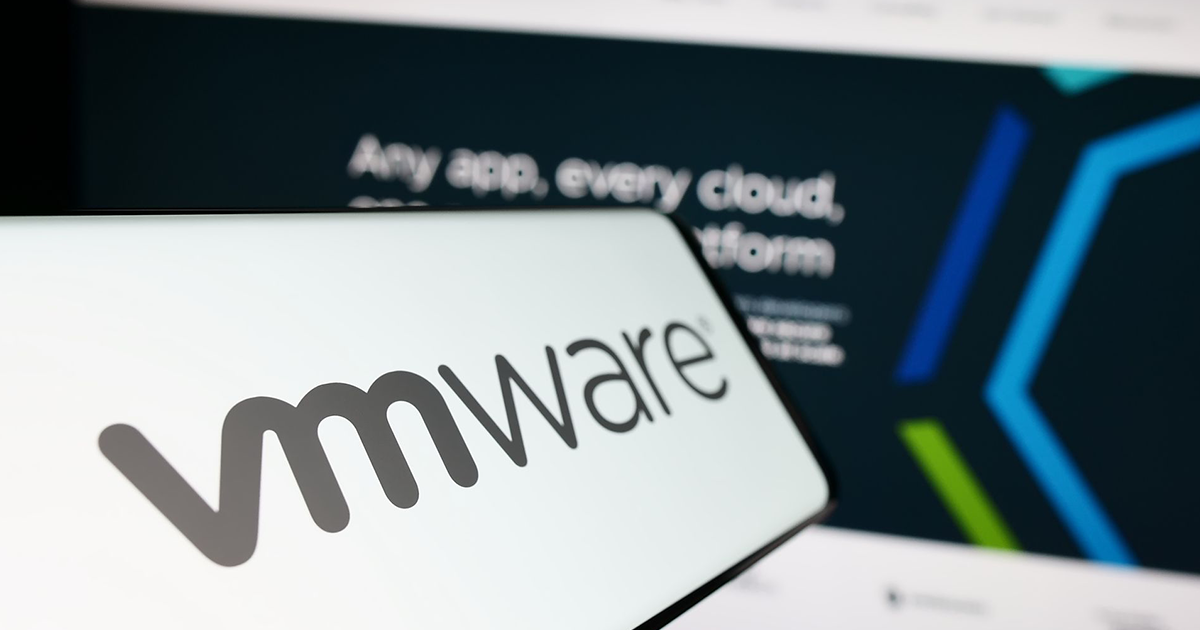How to Choose the Right Computers for Your Business
Buying computers for your business isn't as simple as it used to be.
With new operating systems like Windows 11 enforcing strict hardware requirements, rapidly evolving business apps demanding more processing power, and hybrid work becoming the norm, picking the wrong devices could result in slowdowns, compatibility headaches, and costly replacements sooner than you'd expect.
What kind of computer should you invest in for your business? Here is an updated guide designed for
small business owners and growing teams.
1. Buy based on your workload and use cases
Every role in your business has unique computing needs. Choosing the right computer depends on understanding your business applications, employees, and day-to-day operations.
| Type of Work | Recommended Specs |
|---|---|
| General Office Work (Email, Word Processing, CRM, Bookkeeping) | Windows 11 ready CPU (Intel i3/i5 12th Gen or Ryzen 3/5 5000+), 8–16GB RAM, 256GB+ SSD |
| Creative and Technical Roles (Graphic Design, Video Editing, Engineering) | Intel i7/i9 or Ryzen 7/9, 32GB+ RAM, 1TB SSD, Dedicated Graphics (RTX 4060/4070 or higher) |
| Developers, Analysts (Coding, Virtual Machines, Data Analysis) | Intel i7/i9 or Ryzen 7/9, 32GB RAM minimum, SSD (1TB), optional dedicated GPU |
| Remote Workers or Point-of-Sale | Windows 11 compatible CPU, 8–16GB RAM, SSD (256GB), reliable webcam and Wi-Fi 6 |
Always review the minimum and recommended system requirements of your core business software (such as Adobe, Autodesk, QuickBooks, or Zoom) and use that as your baseline.
Choosing underpowered machines will lead to lower employee productivity and increase costs in the long run.
2. Prioritize Windows 11 compatibility
Today, Windows 11 Pro is a non-negotiable standard for business.
Windows 10 reaches end-of-support in October 2025, which means any new computer purchased must fully meet Windows 11 hardware requirements to avoid future migration costs.
Windows 11 Hardware Requirements (2025):
- 8th Gen Intel Core processors or AMD Ryzen 3000+ with TPM 2.0
- 8GB of Random Access Memory (RAM) minimum (but 16GB is strongly recommended for business use)
- Solid-State Drives (SSDs) for faster performance (traditional Hard Disk Drives are outdated for business environments)
- DirectX 12-compatible graphics
Avoid any PC that does not meet Windows 11 requirements, even if they seem like a
great option upfront. It might only cause migration problems later.
3. Think about longevity and scalability
Your IT purchases should support your business needs for at least 3–5 years.
For desktop computers:
- Choose business models with tool-less access to upgrade RAM, storage devices, and Discrete Graphics cards when needed.
For laptop computers:
- Prioritize higher base specifications, since solid-state drive and RAM upgrades are often limited.
- Check if the SSD and memory are replaceable to accommodate future needs.
| Component | Business-Friendly Choice |
|---|---|
| Central Processing Unit (CPU/ Processor) | Intel Core i5/i7 12th Gen+, AMD Ryzen 5/7 5xxx+, or Apple Silicon (for Mac users) |
| RAM | Minimum 16GB (8GB is no longer future-proof) |
| Storage | SSD only. At least 512GB unless your work is cloud-based. |
| Graphics | Integrated GPU for office tasks, Dedicated GPU for creatives |
| Ports & Connectivity | USB-C, Thunderbolt (for futureproofing), Wi-Fi 6/6E, Bluetooth 5.0+ |
Different brands like Dell (OptiPlex), Lenovo (ThinkCentre/ThinkPad), and HP (Elite/Pro) offer business-grade models built with expansion in mind. Choosing scalable hardware ensures your systems can handle
large files, future software updates, and
higher performance workloads without needing early replacement.
4. Never overlook security
Cybersecurity threats are more sophisticated than ever. Your business computers need enterprise-grade security baked in. Small businesses are no longer ignored targets.
Must-haves for SMB environments:
- TPM 2.0
- Biometric login (fingerprint or Windows Hello facial recognition)
- Endpoint protection software
- Managed antivirus software
- Full disk encryption (BitLocker or macOS FileVault) for sensitive data protection
- Remote device management capability (Microsoft Intune, Apple Business Manager)
Modern Windows PCs often come with built-in security features like secured-core PC technology to protect against firmware attacks.
Look for devices with built-in remote management. It makes IT support and security patching much easier, even without full in-house IT staff.
5. Choose business-grade brands with support and warranties
Personal computers built for consumers often fall short under heavy business use. Instead, invest in reliable business PCs built for durability, remote management, and IT Support readiness. Some important considerations:
- Business-class warranties (3-5 years with next business day support)
- Dedicated business support channels
- Proven reliability track record
- Better to choose models offering onsite service, next-business-day support, and dedicated business support lines.
Top trusted computer/laptop brands in 2025 for business:
- Dell (Latitude, OptiPlex)
- Lenovo (ThinkPad, ThinkCentre)
- HP (EliteBook, ProDesk)
- Apple (MacBook Pro, for macOS-focused businesses)
6. Factor in remote and hybrid work readiness
Today’s workforce is rarely 100% onsite. Your computers should support flexible working arrangements.
What to prioritize in remote work computers:
- Wi-Fi 6 or Wi-Fi 6E for better connectivity
- High-definition webcam and microphone for video calls and social media communication
- USB-C/Thunderbolt ports for versatile docking
- Long battery life for mobile device workers
- Large screen or dual monitor support for better performance and productivity
Even if your team is primarily onsite now, this flexibility will protect your business if needs change later.
7. Set a smart budget and avoid false savings
Cutting corners on hardware specs might seem economical, but in reality, slower personal computers cost more through lost productivity, IT Support needs, and early replacements. Think about:
- Support and maintenance costs
- Replacement cycles (low-end PCs often need replacing sooner)
- Employee productivity (slower machines = wasted time)
| Type of User | Recommended Budget (USD) |
|---|---|
| Office / Admin | $600–$900 |
| Power Users / Creatives | $1,000–$2,000 |
| POS / Reception / Light Use | $400–$600 |
A good rule of thumb is to always invest in enough storage space, a powerful processor, and sufficient RAM for better performance across everyday tasks, even if your team members seem to only need "basic" setups.
Need Help Finding the Best Computers for Your Business?
Choosing the right hardware and type of computer today means less downtime, reliable performance, and lower total cost of ownership over the life of your devices.
At
Precision IT Consulting, we help
small business owners and growing companies choose the
best laptops,
desktop PCs, and IT solutions based on their real-world needs. Our expertise in
IT Services ensures you get the
best choice without overspending, giving your team reliable performance now, and flexibility for the future.
Let's design the right IT strategy for your growth.
Contact us today for a personalized consultation!






